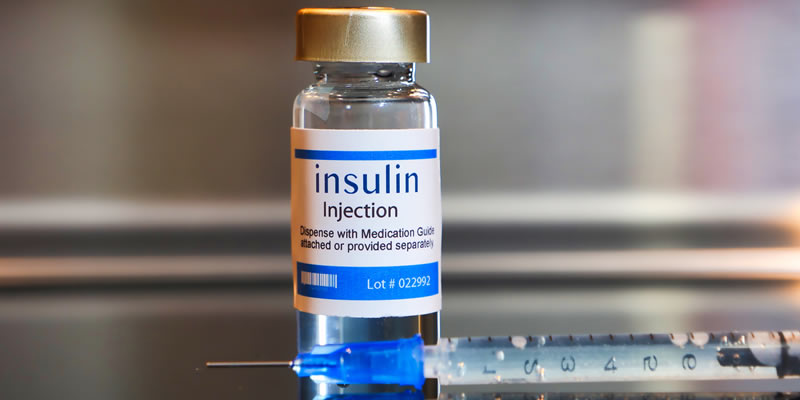Individuals with diabetes that rely on insulin now have the opportunity to monitor their blood sugar levels through a new synthetic hinge.
The new development has the power to automatically regulate blood sugars if they are too high or low.
Scientists from the Indiana University School of Medicine have created artificial sensors that are able to detect sugar.
The synthetic hinge utilises naturally occurring methods and presents less artificial elements in comparison to other processes.
Top academic, Dr Professor Michael A. Weiss said: “The reason a glucose-responsive insulin is important is that the biggest barrier to the effective use of insulin, especially in Type 1 diabetes, is the fear of the consequences of blood sugar going too low.”
Instant results of hypoglycaemia include delirium, seizures, fainting and in worse case scenarios can cause memory loss.
Whereas, hyperglycaemia can cause severe vision problems, strokes and amputations.
“The promise of this kind of ‘smart’ insulin is that it would transform diabetes care, so people wouldn’t have to worry anymore,” said Dr Professor Weiss.
He added: “With our invention, we envisage that when the blood sugar goes low, the hinge would close, but there will be much work to do to translate our proof of principle to an FDA-approved product.”
The chief academic officer at the Joslin Diabetes Center at Harvard Medical School, Dr C. Ronald Khan said: “In the recent study from the Weiss laboratory, we see an example of the next exciting phase of insulin development, namely development of an insulin analogue which through chemical modification can sense the level of sugar present in the blood.
“While the current analogue has been designed to sense fructose, it seems likely that this same approach can be used to develop analogues to sense glucose.
“Whether these can be sensitive enough to be modulated by changes within the physiological range remains to be determined, but if so, this would be an important new tool in the management of diabetes.”
The entire research study can now be accessed in the journal PNAS.





